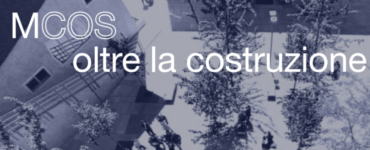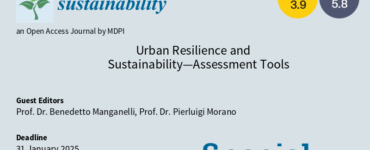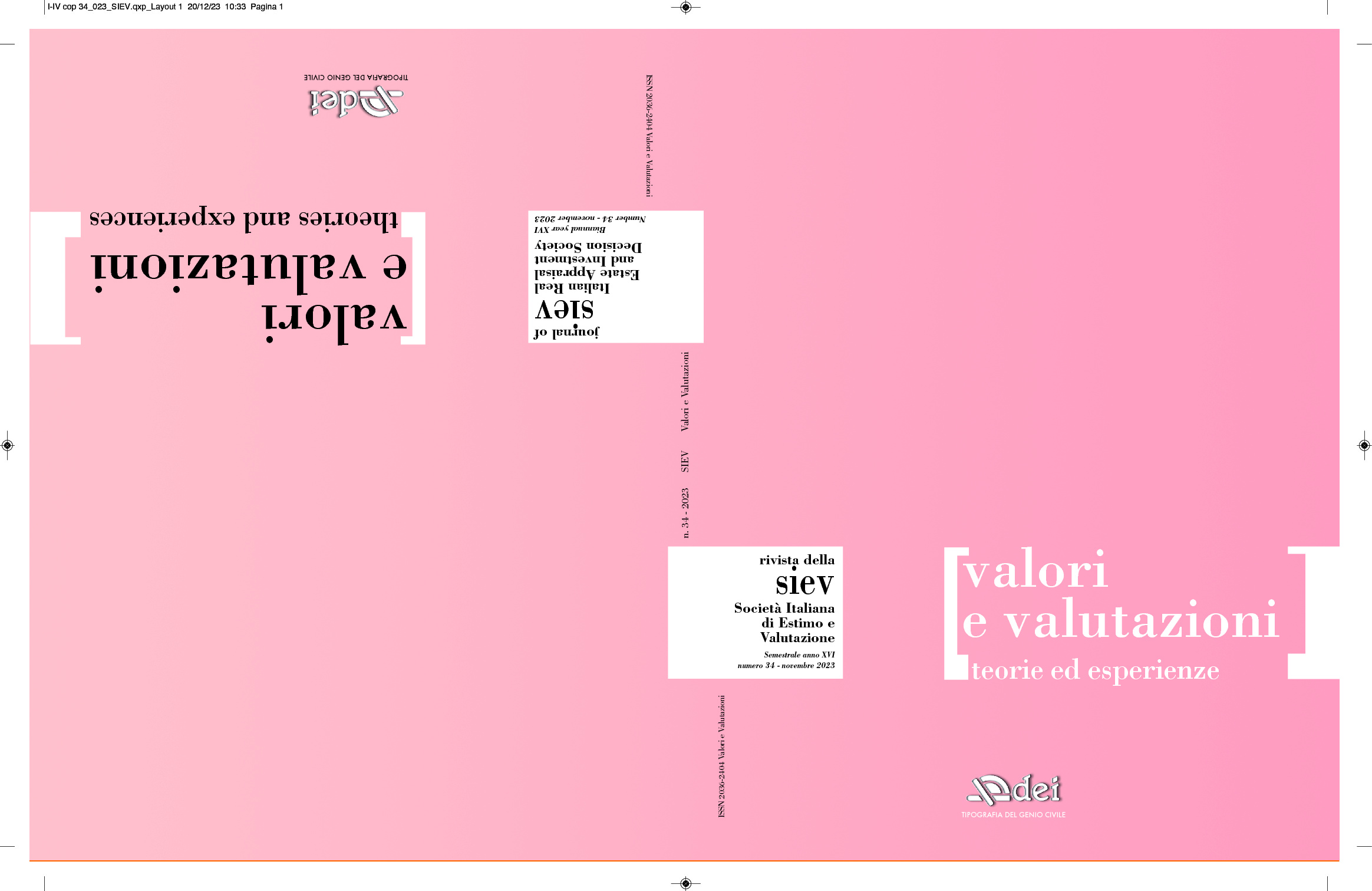A special issue of Sustainability (ISSN 2071-1050). This special issue belongs to the section “Economic and Business Aspects of Sustainability“.
Deadline for manuscript submissions: 31 December 2022.
Dear Colleagues,
The current context, strongly characterized by the COVID-19 pandemic and by financial, economic and environmental emergencies, has further highlighted long-standing fragility: in particular, attention is focused on the need to relaunch the public role of institutions as a driving force and guarantee and guide in urban and territorial transformation processes.
This obviously clashes with the critical issues of depletion of resources and their scarcity, as well as emergencies—not only the current COVID-19 pandemic emergency, but climatic and social ones.
The scientific community has highlighted the need for these challenges to be considered by decision makers in the field of real estate appraisal and project economic evaluation. More specifically, the question of interest is what the premises and the perspectives are for new approaches and evaluation methods. A real rethinking of approaches is necessary in light of the current situation, especially considering the urgent need for new tools that support investment planning and capital budgeting, specifically planning, evaluating, and controlling investments, which capture the complexity of contemporary interventions along their life cycle, and that support the subjects involved in decision-making processes. The consolidated approaches for analyzing investments and for testing their feasibility can no more be related to the linear economic perspective: they must be revised to follow a circular perspective.
Assuming these premises, the following issues must be incorporated into the judgments of economic–financial convenience:
1) The life cycle of projects in light of recent international/European directives and standards, assuming the Circular Economy principles;
2) Alternative or supplementary ways to find resources (e.g., real estate crowdfunding also used in new generation real estate funds);
3) The economic and social balance sheets of different stakeholders;
4) Public–private partnership models in which the relationships of responsibility and risk are evident.
The key questions that can be addressed are:
1) Are traditional tools of investment analysis and evaluation of public plans and projects still suitable? If so, how is the scientific community critically rethinking them?
2) How is the role of the public entity being redefined in these perspective?
3) Which sustainability evaluation approaches are being adopted to evaluate and monitor public interventions throughout their life cycle, also in light of the European energy–environmental policies?
4) Are new forms of risk and responsibility emerging in regeneration interventions?
5) Which feasibility evaluation approaches are being developed to enhance the existent Heritage?
6) Are new models of public–private partnership being tested?
All contributions providing research findings, experiences, and applications on these topics are welcome.
Prof. Dr. Cristina Coscia
Prof. Dr. Elena Fregonara
Guest Editors














Aggiungi commento